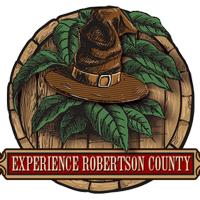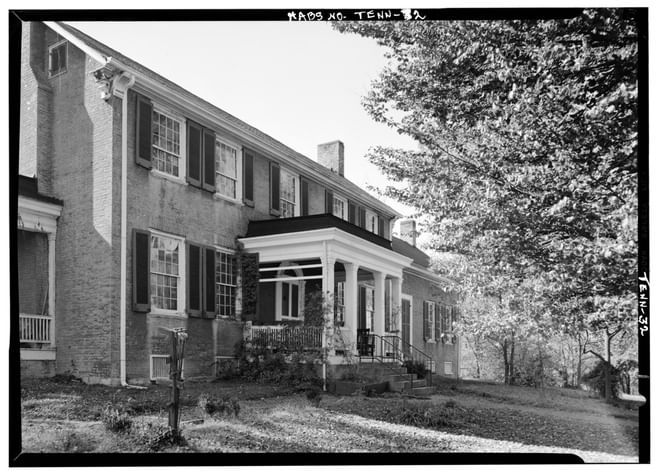Jenny Blow Washington first arrived in Cedar Hill in 1802 with her sister, Sarah. One single document had changed the course of their lives. It read:
“Whereas I Micah Blow of Sussex City hath bargained sold & delivered to Joseph and Andrew Washington two Negroe girls named Jenny & Sarah in consideration of the sum of one hundred pounds…”
Jenny was only ten years old when she was taken from her family and everything she knew in Virginia, never to see them again. She would become one of the earliest slaves brought to the massive, 13,000 acres Wessyngton Plantation, owned by Joseph Washington. Washington had traveled to Virginia to purchase Jenny and Sarah from Micah Blow. Jenny took Washington’s last name, as was common for slaves at the time.
Although she could not legally marry, Jenny would enter into a partnership with a slave named Godfrey. These partnerships were considered as binding as any state-recognized marriage, and records indicate they spent the rest of their lives together. Jenny had at least nine known children during her lifetime. Since the Washingtons rarely sold their slaves, Jenny’s family remained intact (a rarity). Up to five generations of slaves were recorded to have been living at Wessyngton at one time.
Jenny’s life was spent performing the grueling work associated with maintaining the large Wessyngton house. Under the supervision of white mistresses, she would have done everything from preparing meals to cleaning to sewing. She would have been acutely aware of the tension that existed in the minds of the plantation owners as they walked the balance of treating slaves well enough to prevent rebellion, while also keeping them subdued. Physical punishment, even for women, was not uncommon, and slave masters had plenty of psychological techniques to prevent resistance. Despite all of this, the Wessyngton slaves were able to form a tightly-knit community built on faith, family, and a shared hope for freedom.
Although history often fails to document the lives of the slaves who played a crucial part in building Robertson County, Jenny’s descendant, John F. Baker Jr., made it his duty to fill in the blanks. His research and extensive DNA testing revealed that Jenny’s descendants number into the thousands, both in Robertson County and beyond. Her legacy and those of others enslaved by the Washingtons is revisited in Baker’s book, “The Washingtons of Wessyngton Plantation: Stories of My Family’s Journey to Freedom”.

